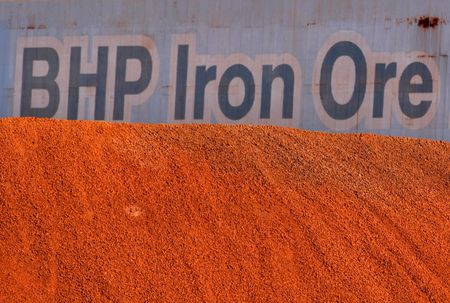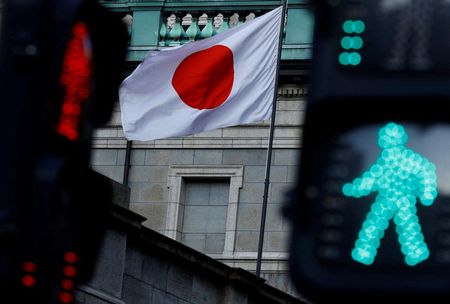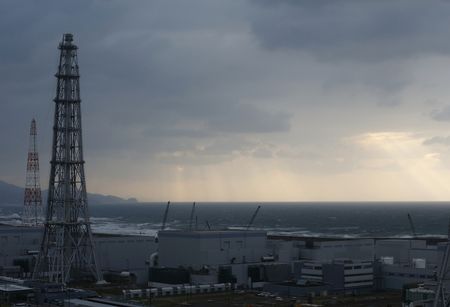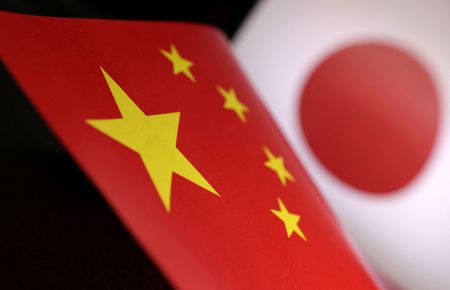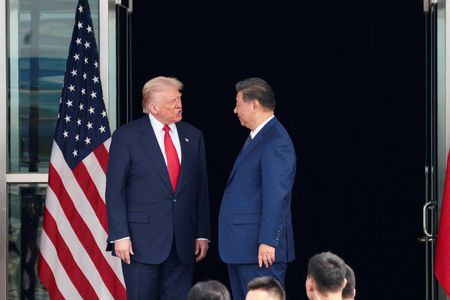BEIJING (Reuters) -Protracted negotiations between China’s state iron ore buyer and miner BHP have tightened availability of some iron ore, seven sources said, underpinning prices despite weakening demand for the key steelmaking ingredient.
China Mineral Resources Group (CMRG), set up in 2022 to centralise iron ore purchasing and win better terms from miners, asked Chinese steel mills and traders in September to stop buying BHP’s Jimblebar Blend Fines while negotiating annual contract terms with the Australian miner for 2026 supply.
Trade of Jimblebar fines is still frozen in China, leaving mills that previously used it switching to a substitute, Pilbara Blend Fines (PBF), rival Rio Tinto’s flagship product, resulting in a rapid drawdown in PBF inventory, the sources said.
A BHP spokesperson told Reuters “negotiations are ongoing”, declining to elaborate. CMRG did not immediately respond to a Reuters request for comment.
Rio Tinto had no immediate comment.
Portside inventories of PBF began falling in mid- to late September and were down by around 40% to 6.5 million tons on November 18, the lowest since August, according to two of the sources with knowledge of the matter.
By contrast, portside stocks of Jimblebar fines, which account for around a quarter of BHP’s production, continued to pile up, surging by 156% over the same period, one of the sources said.
All sources requested anonymity due to the sensitivity of the matter.
Thinning margins have propelled Chinese steel mills to favor medium-grade cargoes such as PBF, heating up competition and accelerating the drawdown in port inventories, sources said.
Profitability among Chinese steel mills has been falling since mid-August, with only around 39% of mills operating at a profit by November 13, versus 55% in the same period a month before and 58% at the same time in 2024, data from consultancy Mysteel showed.
Iron ore futures prices hit a more than two-week high on Wednesday even as crude steel output in the world’s largest producer of the metal slid to the lowest level since December 2023 as bad weather led some northern mills to cut production.
The tightened availability of PBF at Chinese ports contributed to surprising resilience in iron ore prices, said the two trade sources and the other two analysts, with one of them adding that the situation created a “man-made bull market”.
Ore prices have climbed 3% from a month before and 8.4% from the beginning of the year to close at 791.5 yuan ($111.23) per metric ton on Wednesday.
($1 = 7.1157 Chinese yuan)
(Reporting by Reuters staff; Additional reporting by Melanie Burton in Melbourne; Editing by Lewis Jackson and Lincoln Feast.)

